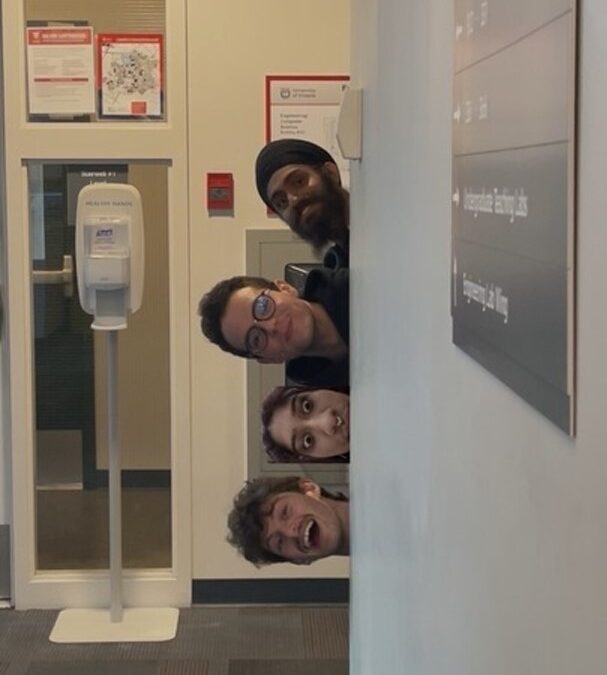This sprint was pivotal in helping us solidify our understanding of the problem statement, drawing from both past research and our own investigations. This gave us a much clearer direction for our project. We focused heavily on understanding student needs, dedicating a lot of time to engaging with the UVic community—talking with professors, students, and even presenting our project to large lecture halls. After collecting additional data and supporting our findings with statistics, we are now poised to dig deeper into the issues we’ve identified, especially those affecting neurodivergent students.
Our mentors have been invaluable throughout the past two weeks, providing opportunities to speak with students, helping us maintain a realistic project scope, and offering essential guidance. Workshops, such as the one with Dr. Popli, were especially helpful in refining our understanding of functional and non-functional requirements.
A key takeaway from this sprint is that progress isn’t always linear. As we gather insights and feedback from students and the UVic community, we’ve realized that while we’ve identified the core problem, understanding its root causes is more challenging. To convince Brightspace to integrate our solution, we need to further explore why and how it meets the unique needs of neurodivergent students. Additionally, we’ve learned about constraints we hadn’t previously considered, such as how our tool differs from existing Brightspace features. Our prototype continues to evolve as we adapt to these new insights and stay mindful of what’s feasible within our timeline

